The Wandering Street Dogs of Peru
In honor of our fellow furry friends on Dog Appreciation Day, I wanted to bring to light a critical issue that is growing increasingly prevalent in South America. As mentioned in my Cusco post, one of my initial observations in Peru were the number of stray dogs roaming the streets. A great majority of these dogs wore no collars & there were no signs of ownership. This led me to believe that they were simply lost strays. While most looked nourished & well-kept, as a devoted dog lover, the sight of these wandering pups still tugged at my heartstrings. It was later that I discovered Peru has very poor animal control measures. Over the years, this has resulted in an increased number of Peru stray dogs & now the development of aggressive, scavenger-like behaviors.
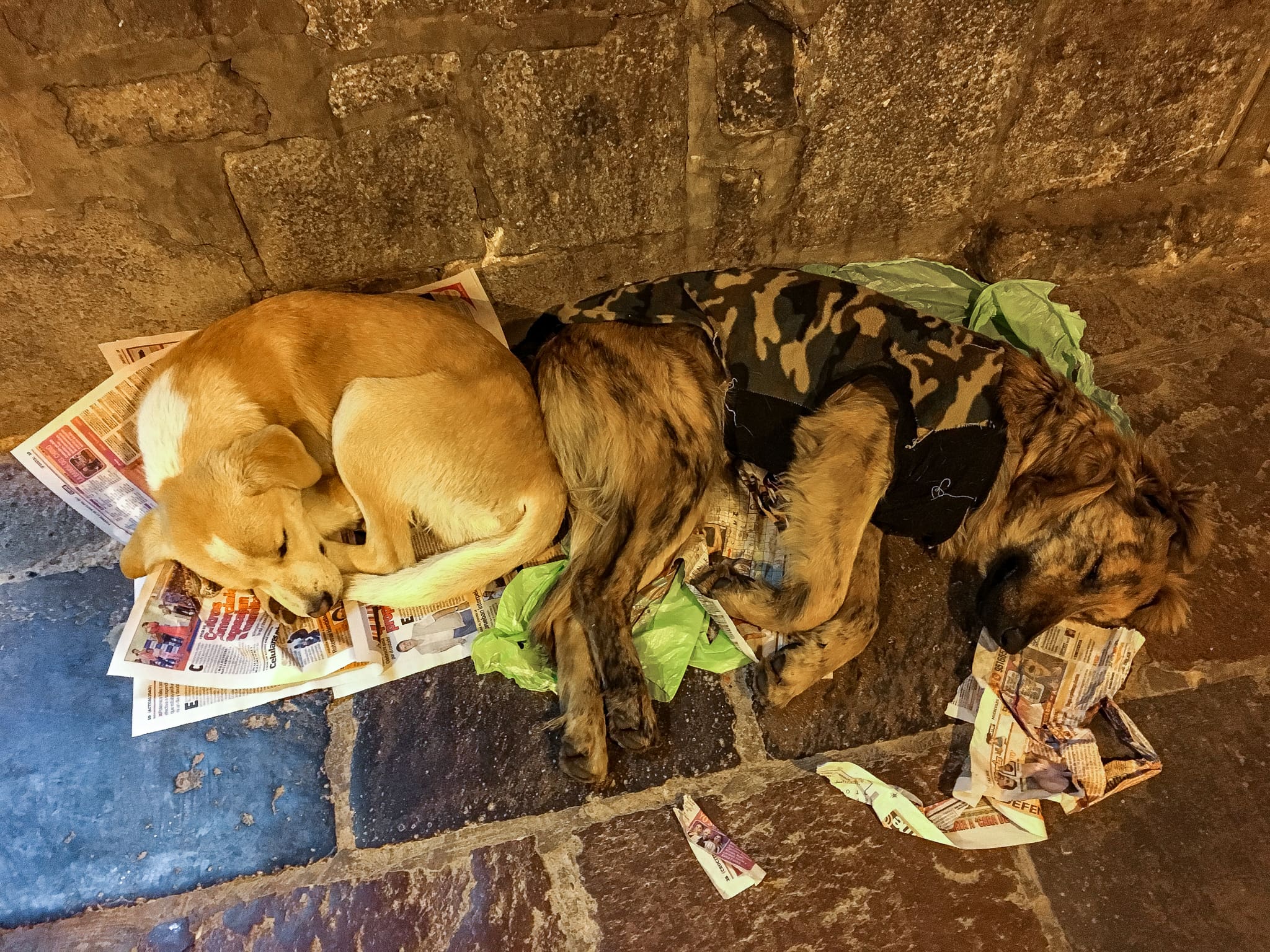
A Street Dog’s Life in Peru
It was amazing to see the wide variety of dog breeds & how they roamed so carefree around the city, independent of the locals. Several of them were friendly as they tagged alongside me, hoping to catch a crumb drop of my churro. Some were rather shy, peering at me from around the corners in a playful game of hide & seek. Only a few appeared aggressive & some were even seen traveling in packs as if they were on a team mission in search of food. At one point we observed a group of strays rummaging through piles of trash in a deserted neighborhood. It was a really difficult scene to witness in a country known for its warm hospitality & lively culture.
A local guide informed us that some of the dogs did, indeed, belong to families. However, it is customary in Peru to allow pets to wander outside of their homes, only to return at night for dinner & a place to sleep. Dogs are normally not domesticated & owned for companionship as they are in the United States. Rather, people raise dogs for functional purposes such as scaring away home intruders or feeding them unwanted table scraps.
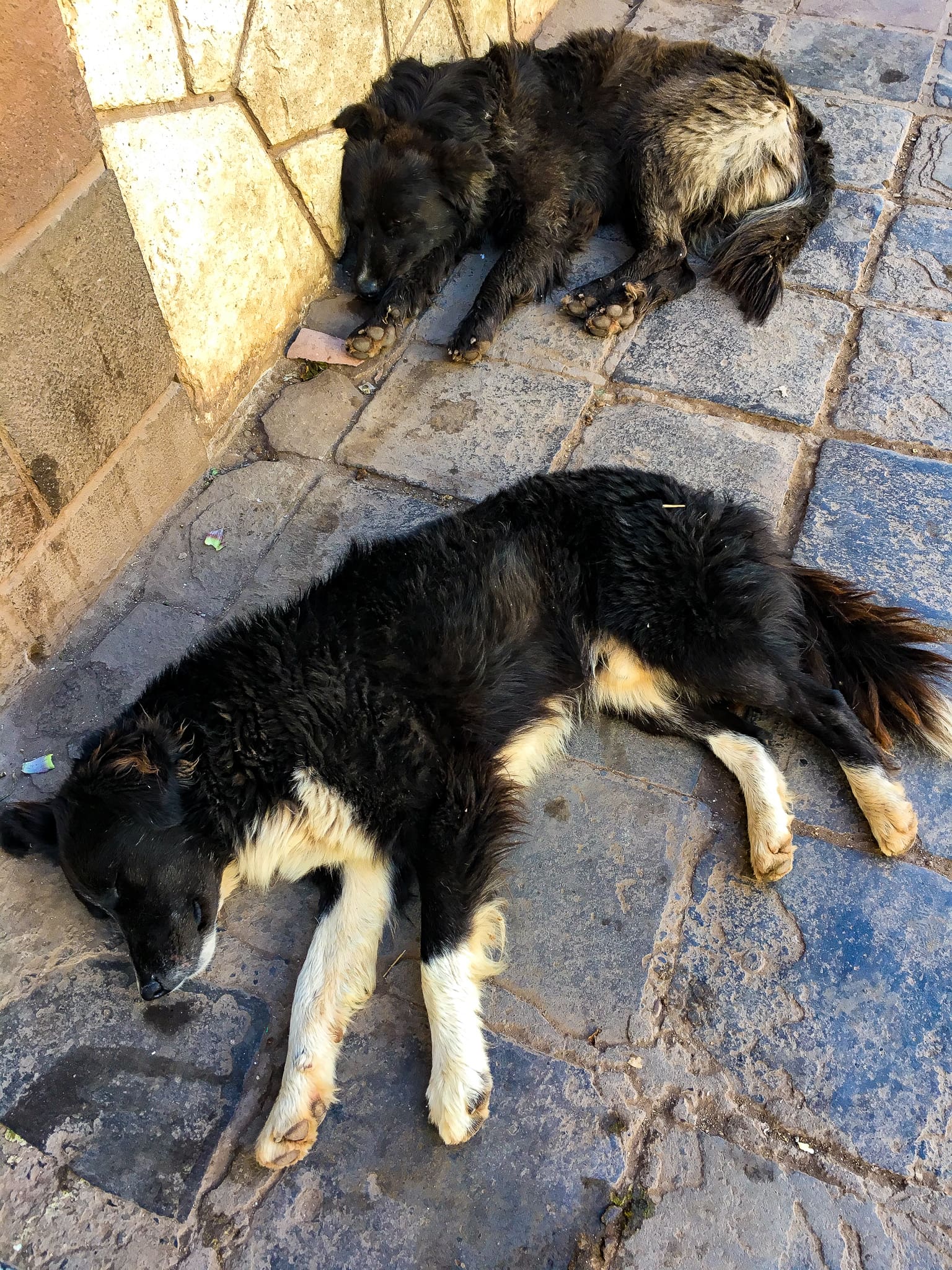
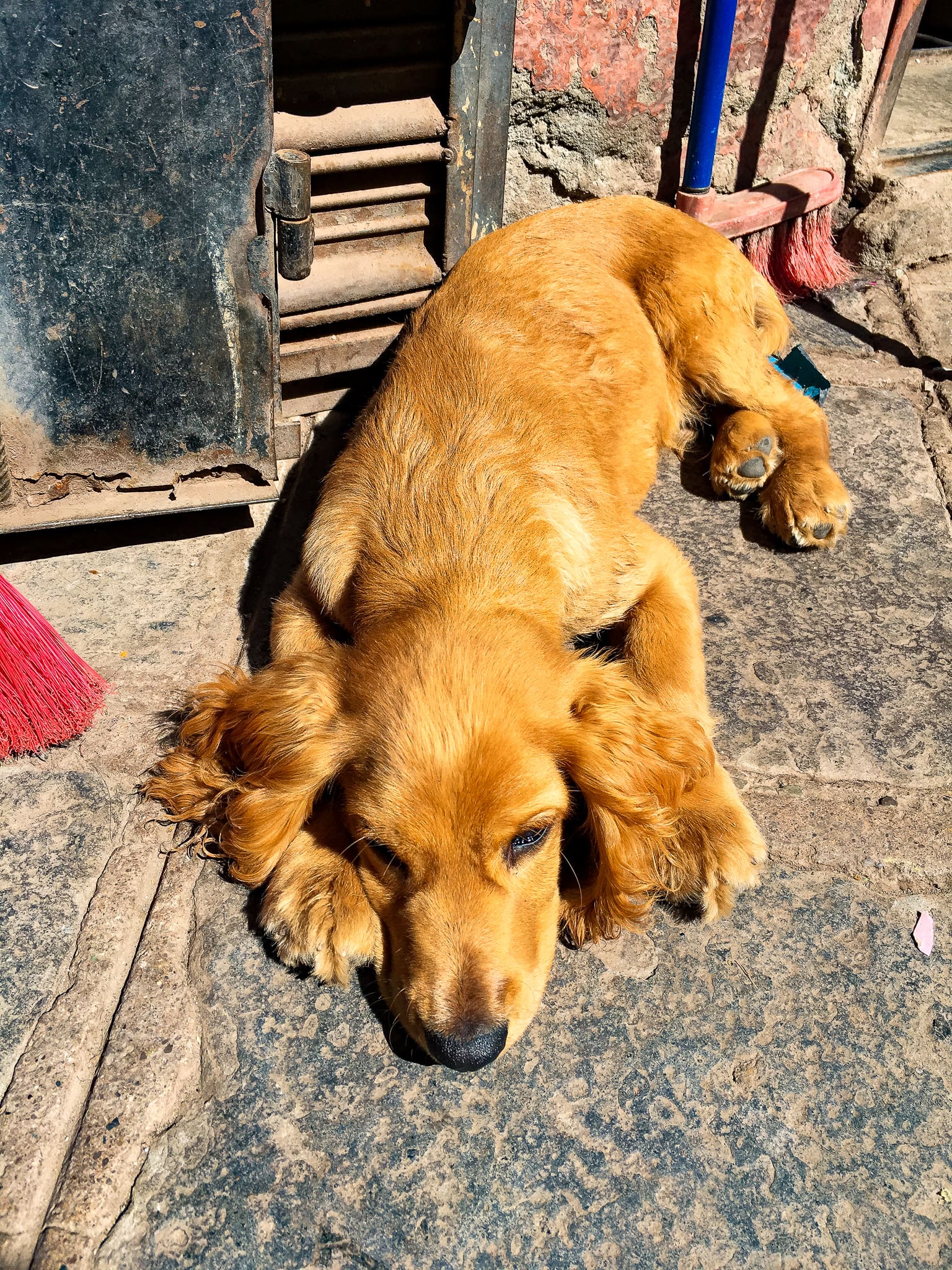
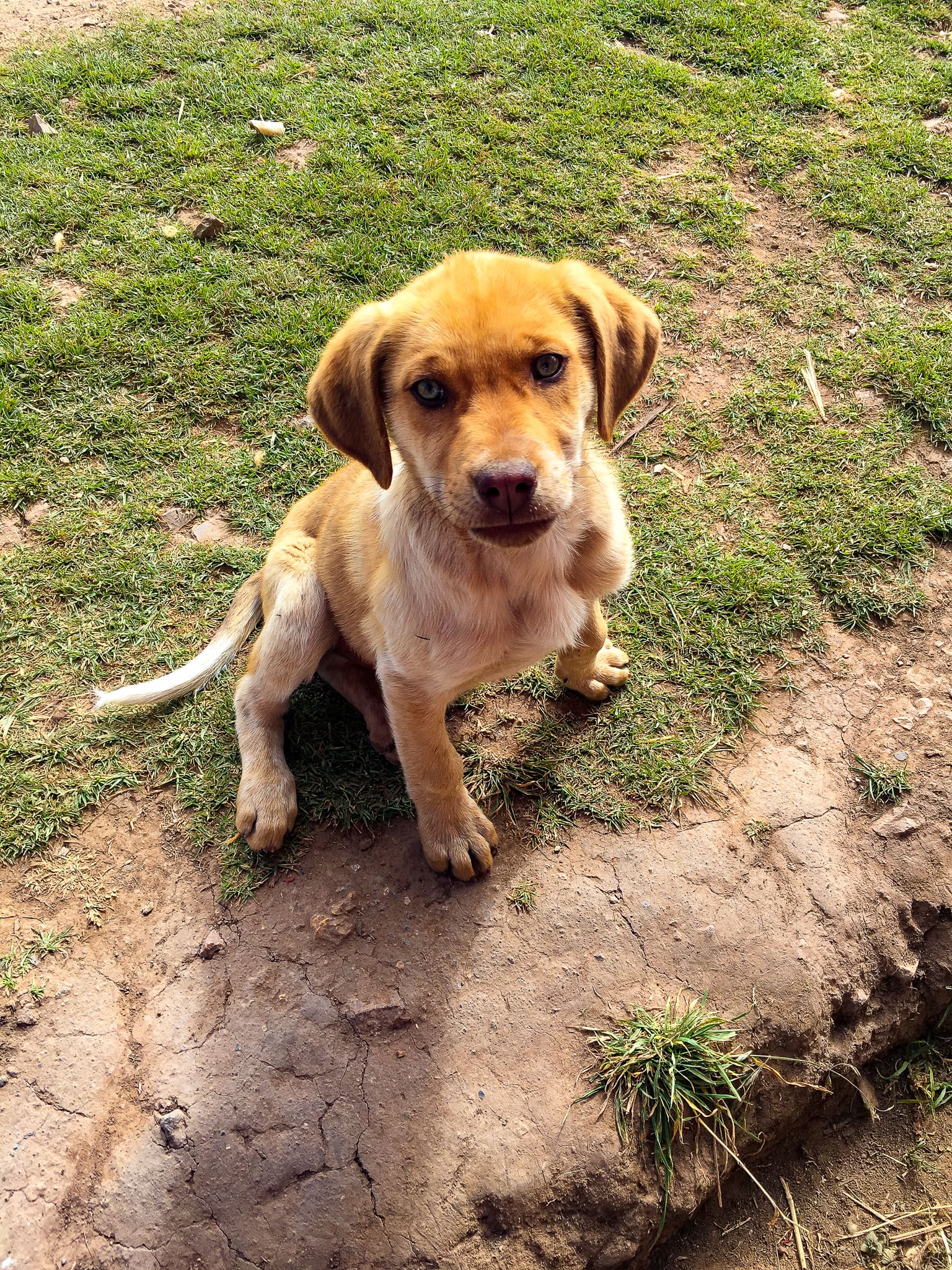
Poor Animal Control Measures
The Peruvian government has poor guidelines when it comes to organizational canine behavior. Aside from the begging for food, there is also the issue that arises with the lack of sterilization. Dogs that aren’t spayed or neutered freely reproduce in the streets & add to the homeless population. Every year, many strays become seriously injured or even paralyzed from hit & run accidents. Furthermore, the rise of canine diseases is growing rampant as dogs are becoming territorial & attack one another in a fight for the fittest.
As a short-term solution, authorities in Cusco have even considered eradicating the growing stray population through horrific methods of poisoning & selective slaughter! Fortunately, there are several animal advocates who acknowledge the ongoing problem & have made efforts to spread awareness to the rest of the community.
“The greatness of a nation & its moral progress can be judged by the way its animals are treated.”
Mahatma Ghandi
How You Can Help the Peru Street Dogs
There are many online portals that allow people to donate money to the local shelters in Peru. Even a small amount can help an animal receive the treatment that he/she needs to live a better life. Some organizations even offer volunteering opportunities where people can devote their time to assist on site. I suggest doing a little background research & choosing a program you feel best about. Here I have listed a few reliable ones:
- Angeles de 4 Patas is an animal welfare group that has staged many protests at Cusco’s Plaza de Armas. They have been known to recruit several strays & attach signs on them so they could participate along in the march! Through their non-profit efforts, they have been able to collect donations & rescue dogs that are desperately in need of medical attention or a home.
- Cusco Protección de Animales is another local, non-profit organization that encourages the humane treatment of strays. Since their establishment in 2010, they have been an active group promoting public awareness through community education as well as providing mobile services for rehabilitation & sterilization. On the outskirts of Cusco, they have a no-kill shelter where animals are ready for adoption.
- Globalteer is an internationally recognized UK charity program. For a small registration fee, you can connect with a homestay in Cusco & commit a few hours every weekday to volunteer at a local shelter. The duration of the program can range from one to twelve weeks. The organization provides all the logistical support with comprehensive information & packing tips you will need to be well prepared for your trip. Globalteer also offers other wildlife rescue opportunities abroad including in Thailand, Cambodia, Argentina, & Costa Rica, to name a few.
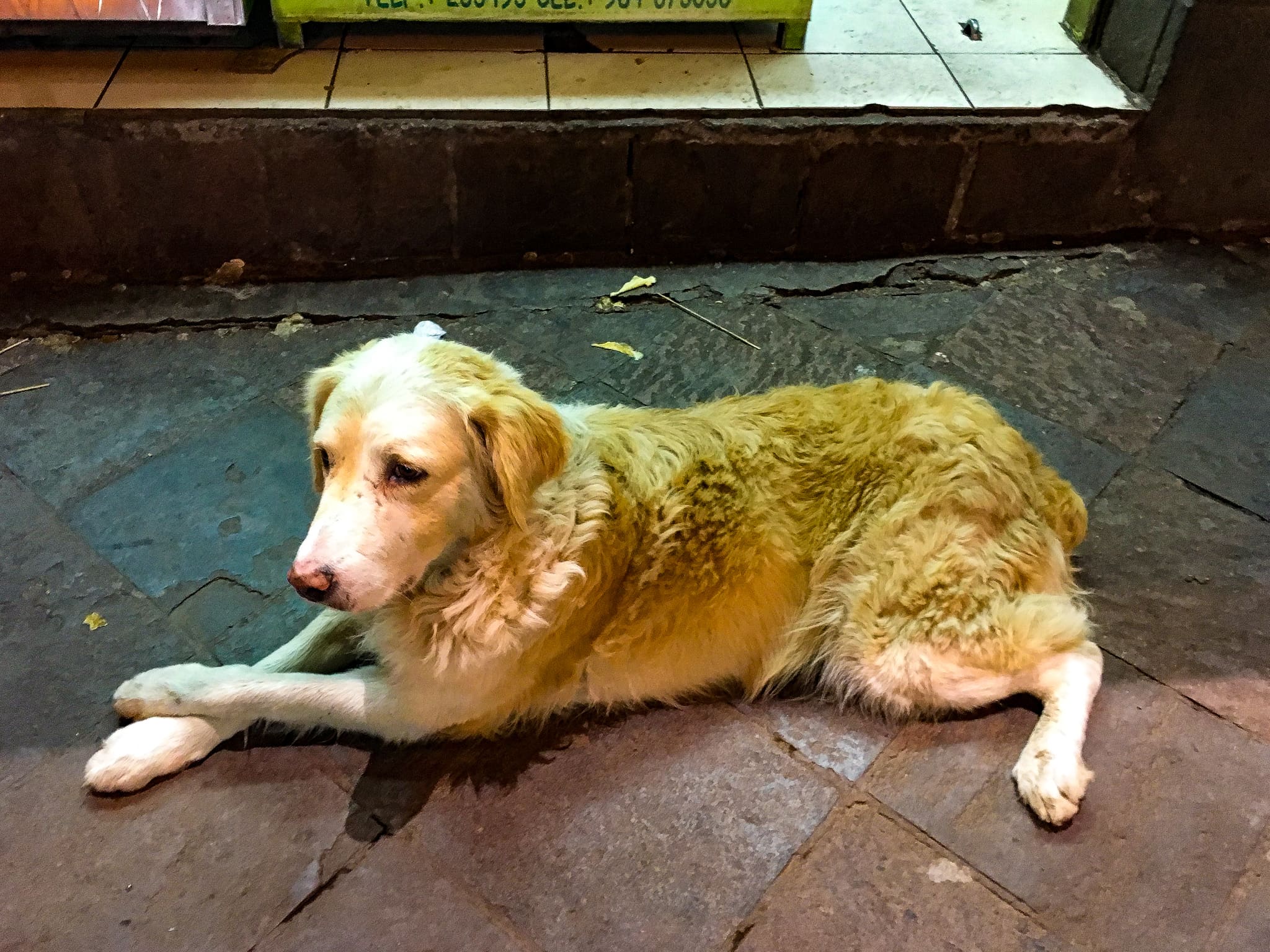
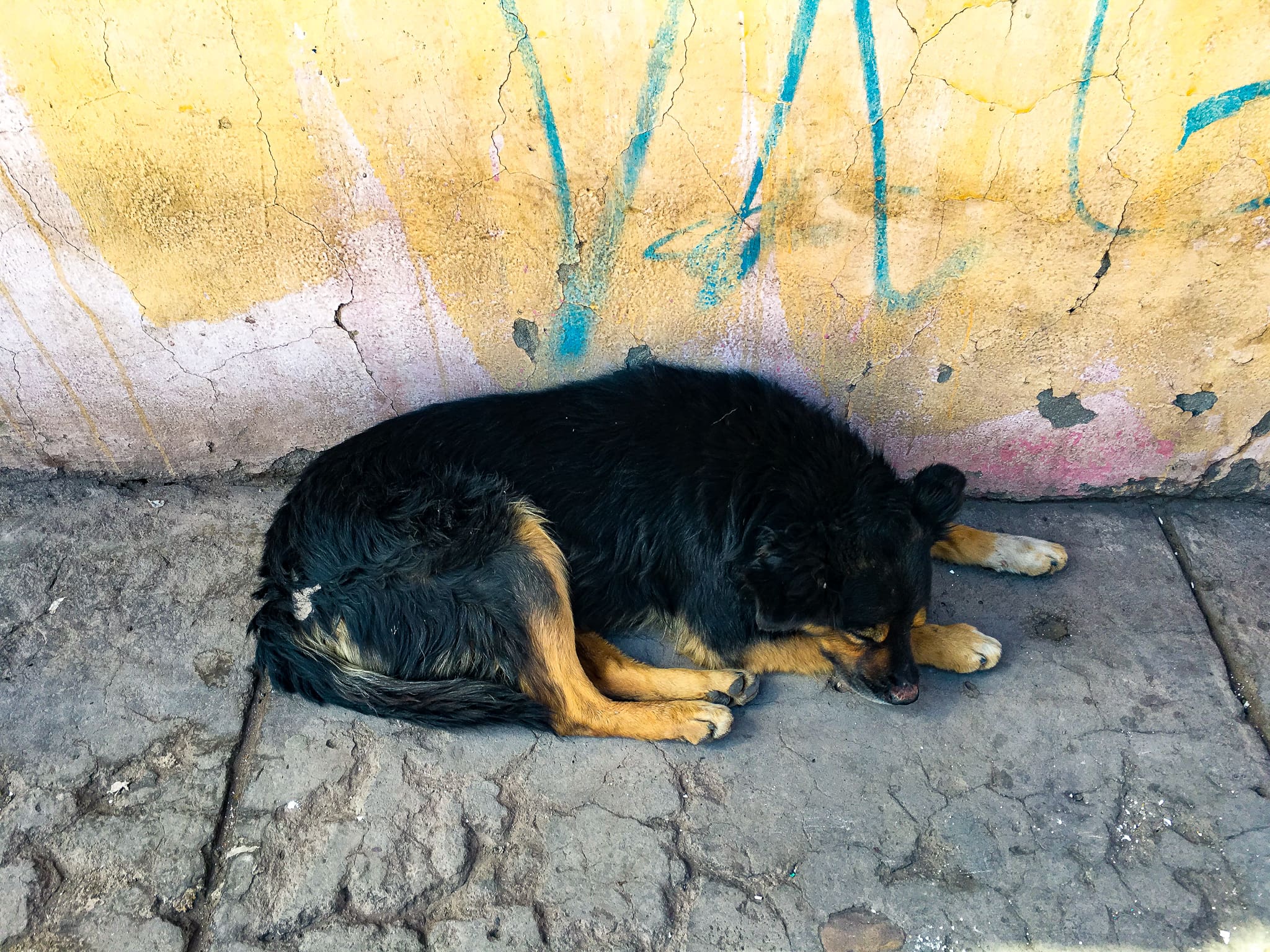

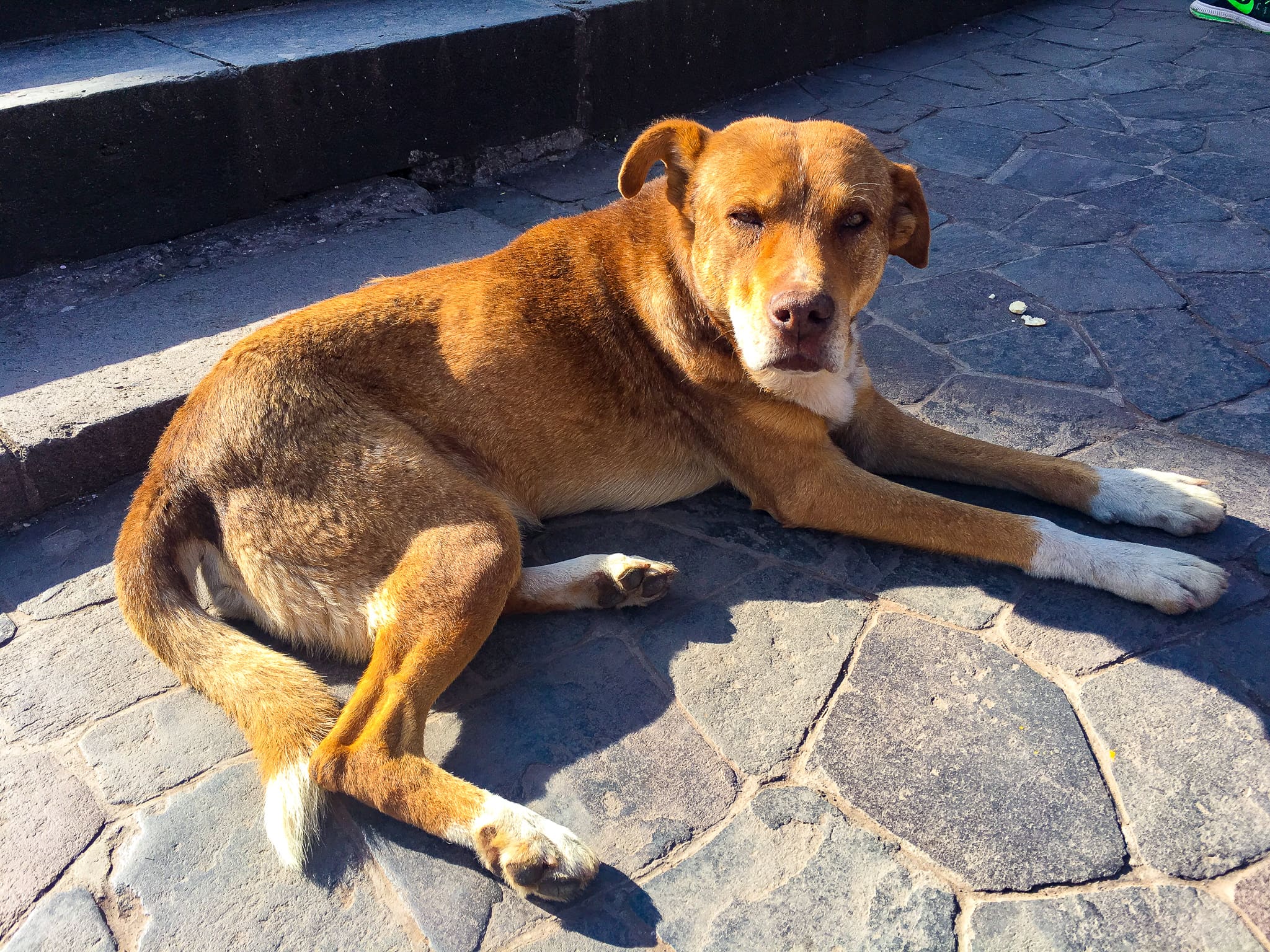
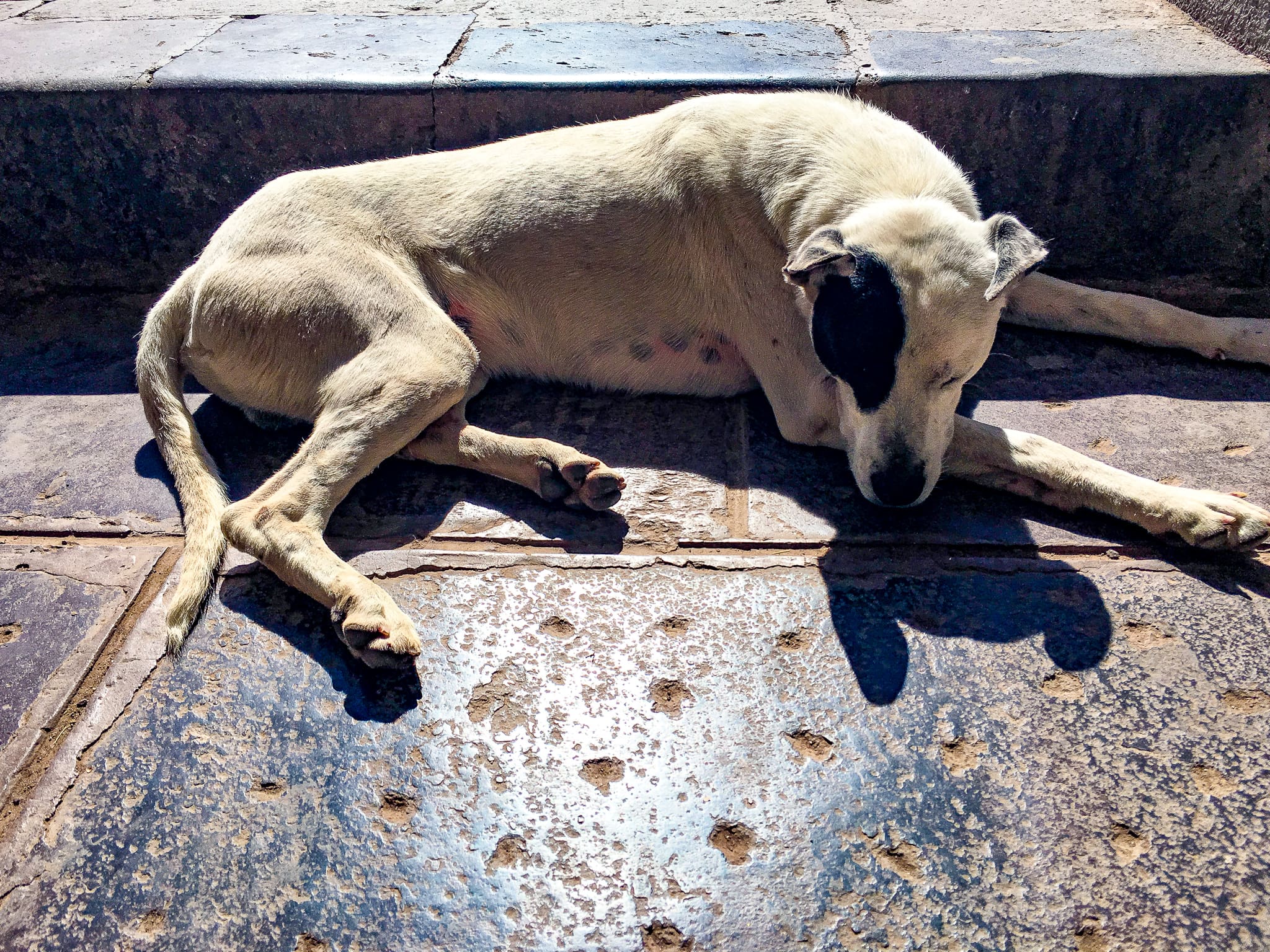
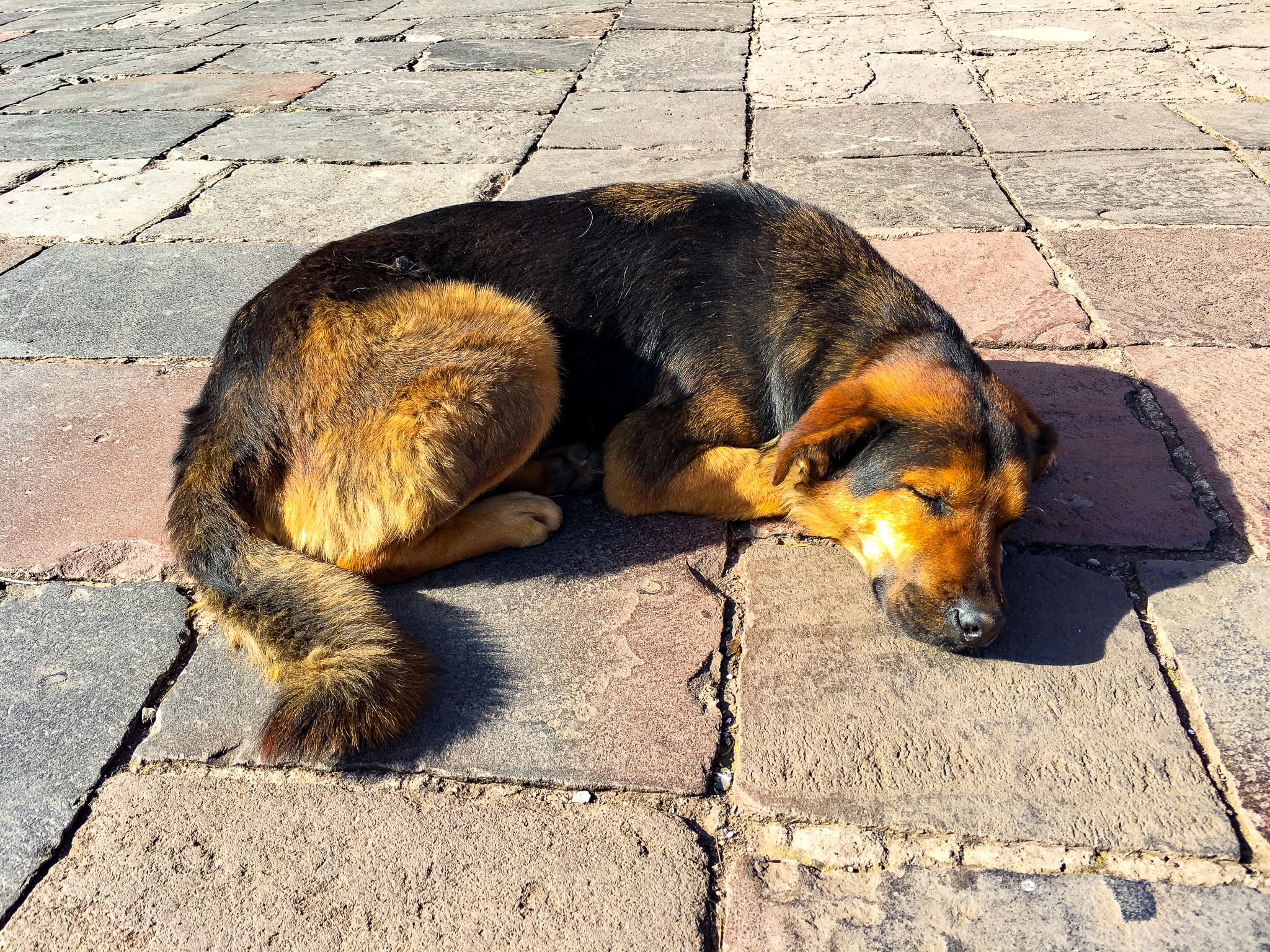
Another Reason to Revisit Peru
A few critical tasks they need help with include meal preparation, feeding, playtime, cleaning kennels, as well as light shelter maintenance & construction. Anyone with a medical background may assist with direct care at the veterinary clinics. Standard vaccinations are frequently administered including rabies, parvovirus, distemper, & hepatitis as well as de-worming & flea treatments. You do not need any special skills nor requirements to become a volunteer. Just a whole lot of love for animals!
Regardless of country, all animals deserve to be treated with compassion & respect. We, as humans, should advocate for our furry friends to protect their rights & basic needs. My hope is to share this important message with other animal lovers around the world. Only when we acknowledge this growing issue can we take appropriate action to save an animal’s life.
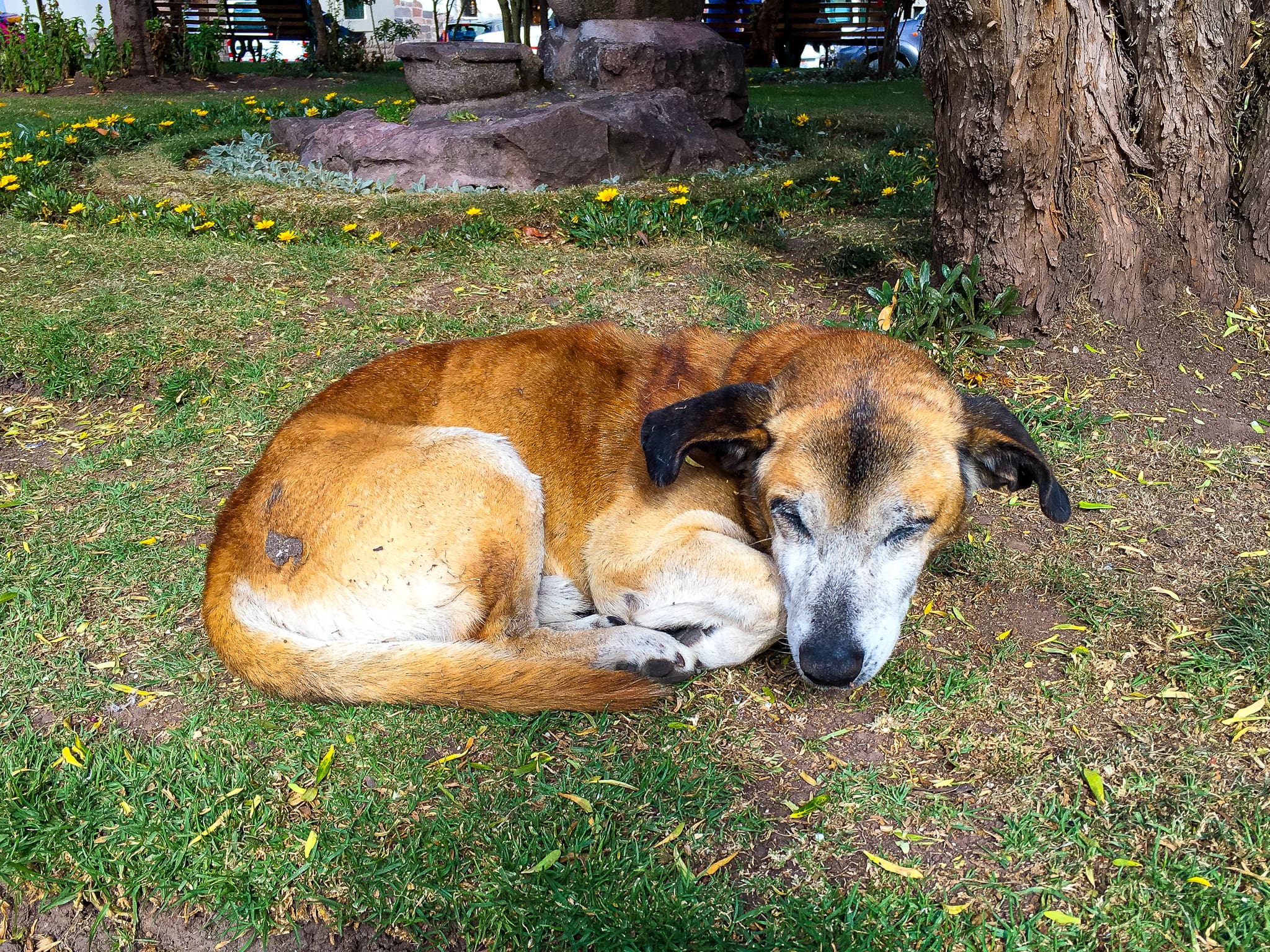
Angella’s Travel Tips
- When encountering an animal in Peru, please do not feed them. As with untamed animals in the wild, we do not want to encourage this type of behavior. Instead, you can purchase pet food at the market to donate to a nearby shelter.
- Though their eyes may tell a sad story, refrain yourself from reaching out & giving them your love. (I admit, I struggled with this!) Animals can be unpredictable & turn vicious at any moment. Even worse, they may carry rabies or some sort of transmittable disease & you don’t want to deal with those consequences during your visit.


Jose Luis
May 20, 2020 at 12:22 pmThank for all this work.
That’s exactly what happens in my country Perú.
Even now in 2020.
Angella
May 29, 2020 at 2:42 pmI am happy to hear my post is reaching out to the world! I hope your country is coping well during this challenging time. My husband & I have always kept Peru close to our heart & hope to revisit again soon! Stay safe!